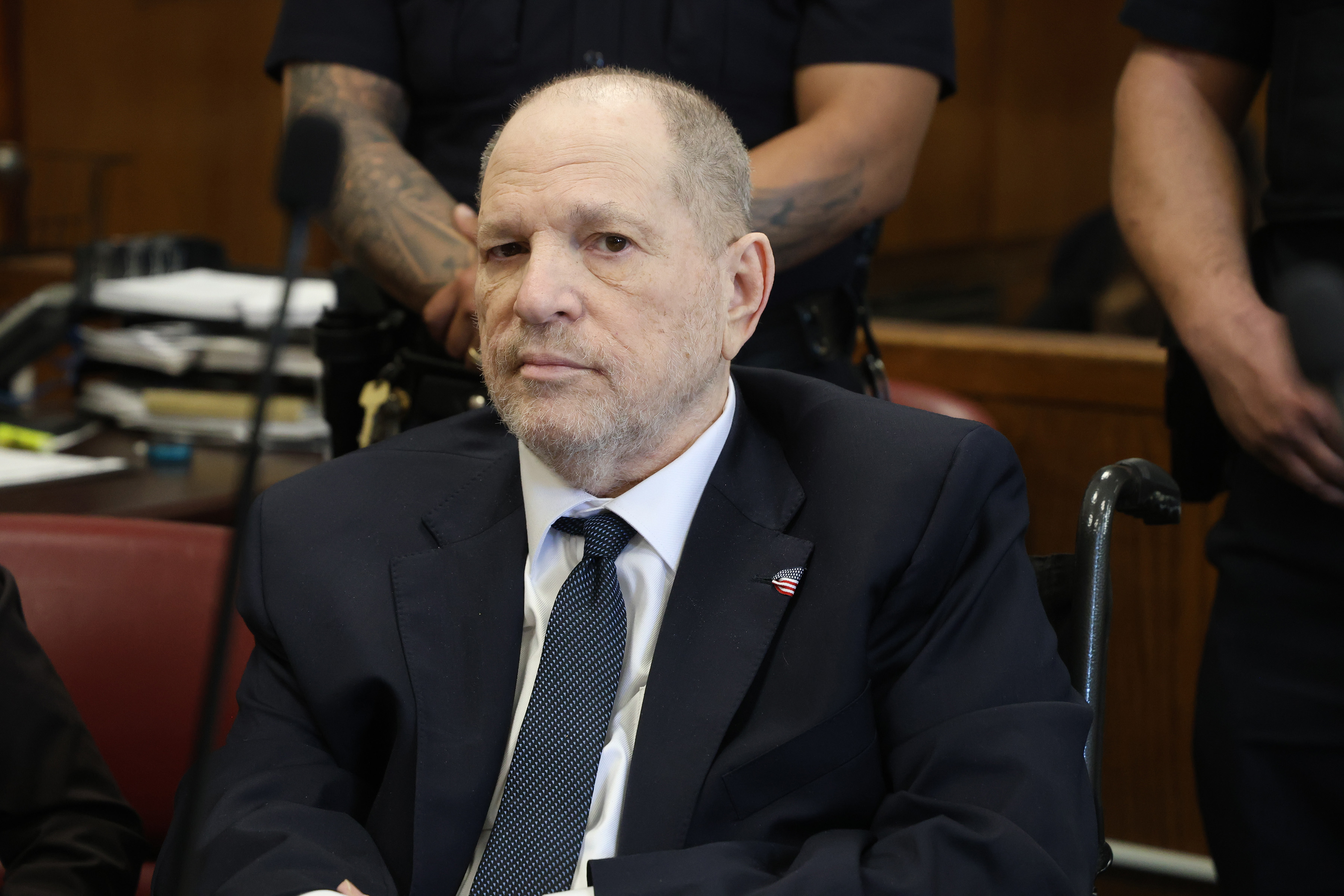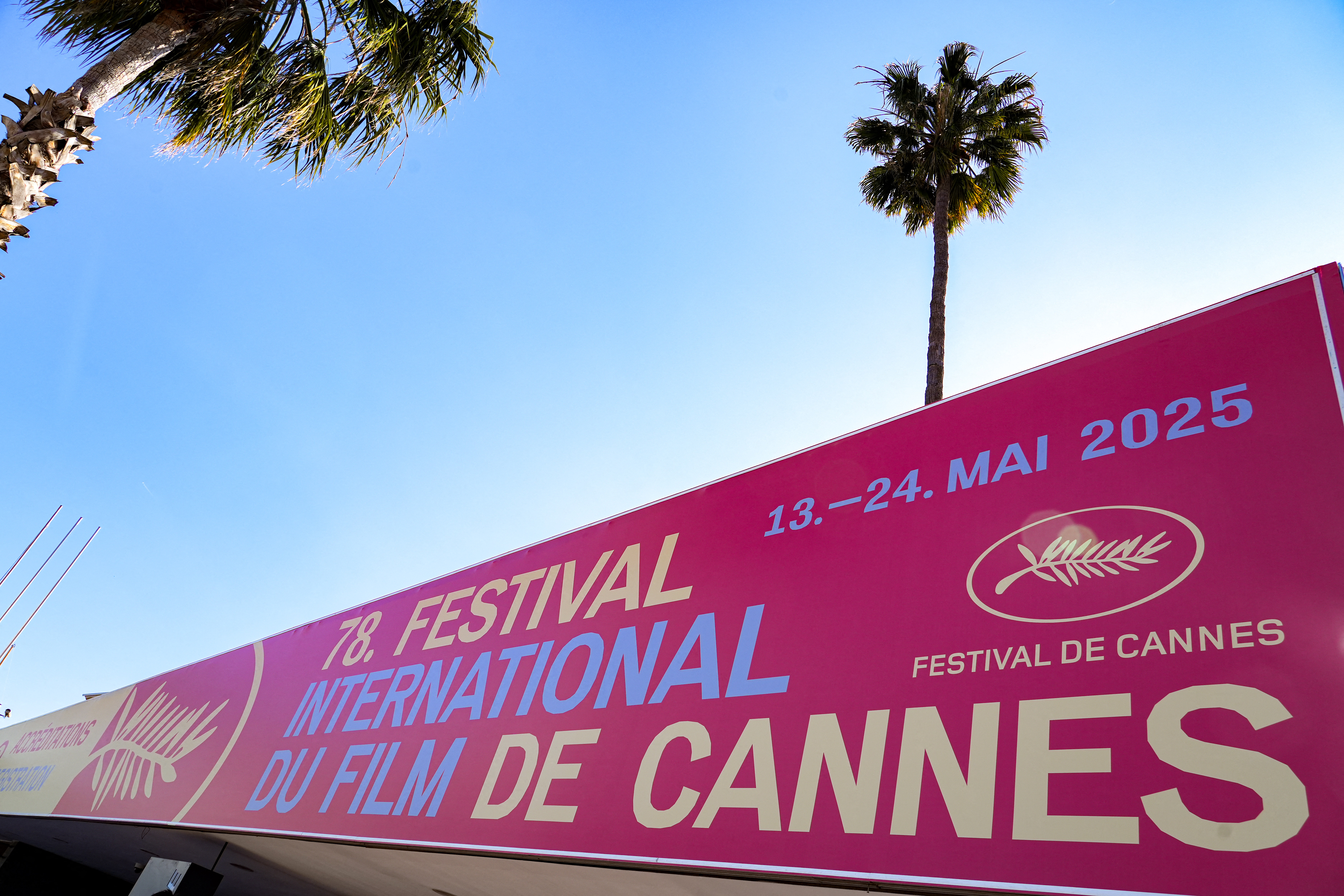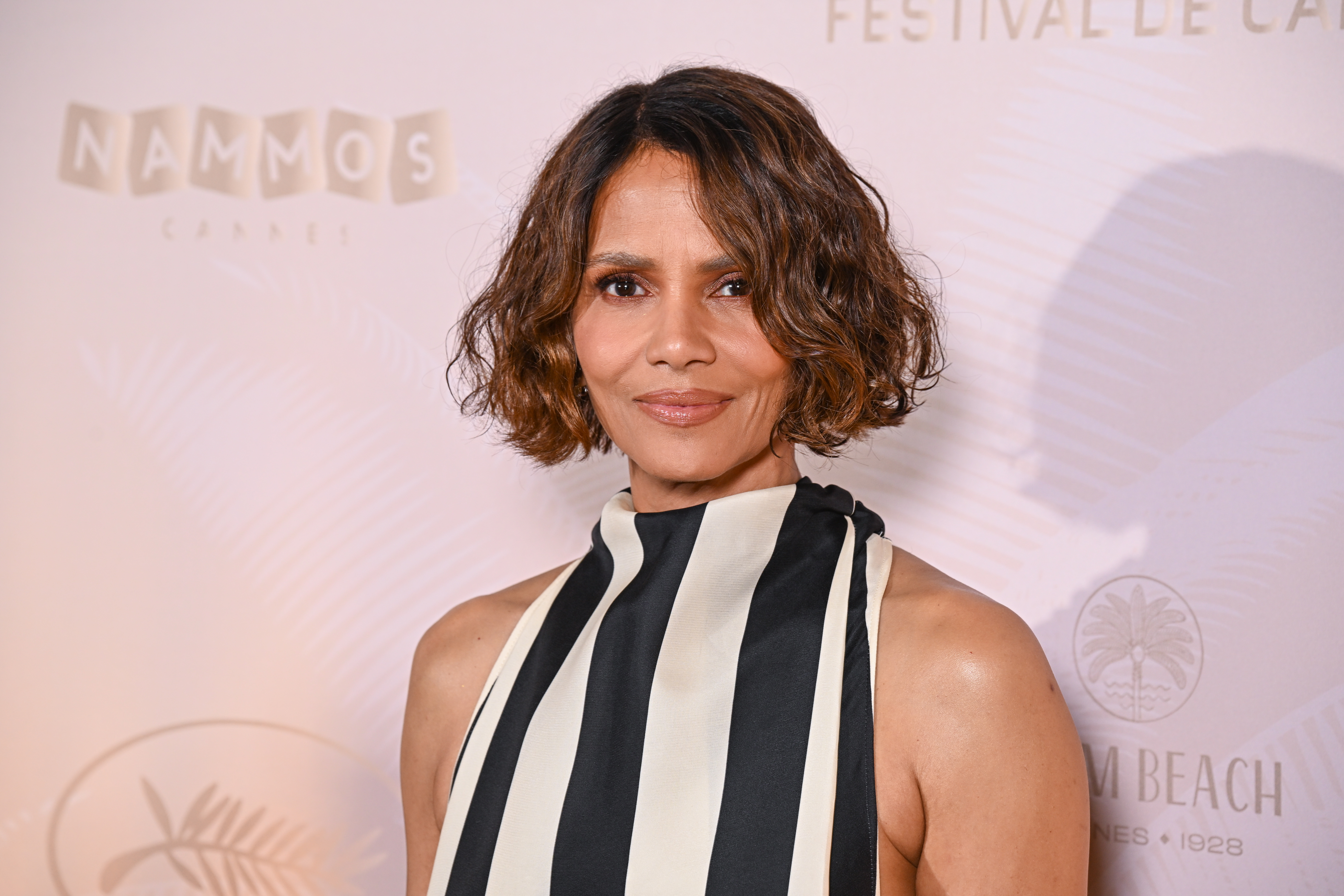Weinstein Retrial: Accuser's Testimony Shakes Courtroom
Weinstein Retrial: #MeToo Accuser Faces Her Alleged Abuser in Court
The Return to Court: A #MeToo Reckoning Revisited
The courtroom doors swung open once more, not with the fanfare of a Hollywood premiere, but with the somber weight of a reckoning. Harvey Weinstein, the former movie mogul whose name became synonymous with sexual abuse and the #MeToo movement, is back on trial. And at the center of it all? Miriam Haley, one of his accusers, who bravely stepped into the witness box to recount her experience. As she herself admitted, "I definitely don’t want to actually go through that again." But here she is, a testament to resilience and the enduring quest for justice.
Haley's Testimony Begins: A Stroll Down a Troubled Memory Lane
On Tuesday, Haley became the first accuser to take the stand in Weinstein’s retrial. As she made her way to the witness stand, a palpable tension filled the room. She walked purposefully, avoiding eye contact with Weinstein. He, in turn, watched her intently, a silent observer in a drama that has consumed years of his life and the lives of his accusers.
A Desire for Work
Haley told the jury that her meeting with Weinstein at the 2006 Cannes Film Festival was fueled by a simple desire: to find work. She, like so many others, sought opportunity in the glittering world of cinema. **But the encounter allegedly veered dramatically off course.**
The Initial Interaction: A Glimpse of Power Dynamics
According to Haley's testimony, Weinstein immediately focused on her physical appearance, commenting on her legs. The conversation, initially seemingly innocuous, quickly escalated into an uncomfortable request for a massage. This seemingly small interaction reveals the deep-seated power imbalance that allegedly allowed Weinstein to exploit vulnerable individuals.
The Overturned Conviction: A Setback and a Renewed Fight
The initial conviction of Weinstein in 2020 was heralded as a landmark victory for the #MeToo movement. But that victory was short-lived. The conviction was overturned, leaving many disheartened. **This retrial represents a crucial moment: a chance to reaffirm the importance of holding powerful individuals accountable.**
Why the Overturn?
The overturn hinged on procedural issues, specifically the admission of testimony regarding uncharged alleged misconduct. While the jury in the first trial heard accounts of other alleged victims, the appellate court ruled this inadmissible, arguing it prejudiced the jury.
The Impact on Victims
The overturning of the conviction had a devastating impact on many victims. It fueled skepticism and reinforced the notion that powerful individuals can evade justice. This retrial offers a chance to change that narrative.
The Stakes of the Retrial: More Than Just One Case
This trial is about more than just Harvey Weinstein. It's about the broader culture of silence and impunity that has protected abusers for far too long. **The outcome will send a powerful message, either reinforcing accountability or emboldening those who seek to exploit their power.**
Impact on the #MeToo Movement
The #MeToo movement ignited a global conversation about sexual harassment and assault. This retrial has the potential to either strengthen or undermine the progress that has been made. A conviction would reaffirm the movement's core principles, while an acquittal could embolden abusers and silence victims.
The Broader Societal Implications
The implications of this trial extend far beyond the entertainment industry. It speaks to the power dynamics that exist in all sectors of society, from corporate boardrooms to academic institutions. Will powerful people be held accountable, or will the status quo prevail?
The Defense Strategy: Casting Doubt and Challenging Credibility
Weinstein's defense team is likely to employ a strategy of casting doubt on the accusers' credibility and painting a picture of consensual encounters. Expect them to aggressively cross-examine Haley and other witnesses, attempting to undermine their testimony and create reasonable doubt in the minds of the jurors.
Challenging the Timeline
Defense attorneys often attack the timeline of events, attempting to demonstrate inconsistencies or gaps in the accusers' memories. They may argue that the accusers' recollections are flawed or that their accounts have changed over time.
Questioning Motives
Another common tactic is to question the accusers' motives, suggesting they are seeking fame, fortune, or revenge. The defense may attempt to portray the accusers as opportunists who are exploiting the situation for personal gain.
The Prosecution's Case: Building a Cohesive Narrative
The prosecution will focus on presenting a cohesive narrative that demonstrates a pattern of predatory behavior by Weinstein. They will rely on the testimony of multiple accusers to establish a pattern of conduct and demonstrate that Weinstein acted with a clear intent.
The Importance of Corroborating Evidence
The prosecution will seek to present any available corroborating evidence, such as emails, text messages, or witness testimony, to support the accusers' accounts. **This evidence can be crucial in bolstering the accusers' credibility and strengthening the prosecution's case.**
Highlighting Power Dynamics
The prosecution will likely emphasize the power dynamics at play, highlighting the vulnerability of the accusers and Weinstein's position of authority. They will argue that Weinstein used his power to exploit and abuse vulnerable individuals.
The Jury's Role: Impartiality and Deliberation
The jury will play a crucial role in determining the outcome of this trial. They must remain impartial, carefully consider the evidence presented, and apply the law fairly and objectively. Their deliberations will shape not only Weinstein's fate but also the future of the #MeToo movement.
The Burden of Proof
It's essential to remember that the burden of proof lies with the prosecution. They must prove beyond a reasonable doubt that Weinstein committed the crimes he is accused of. If the jury has any reasonable doubt, they must acquit him.
The Importance of Empathy
While impartiality is essential, jurors must also exercise empathy and consider the emotional impact of the alleged crimes on the accusers. They must listen carefully to their testimony and understand the trauma they have experienced.
The Media Spectacle: A Double-Edged Sword
The Weinstein retrial is a media spectacle, attracting intense scrutiny from around the world. While media coverage can raise awareness and promote accountability, it can also be a double-edged sword, potentially prejudicing the jury and creating a circus-like atmosphere.
The Risk of Bias
Extensive media coverage can create a risk of bias, as jurors may be influenced by opinions and commentary they encounter outside of the courtroom. **It's crucial for jurors to remain detached from the media frenzy and base their decisions solely on the evidence presented in court.**
The Impact on Accusers
The intense media scrutiny can also have a profound impact on the accusers, who are forced to relive their trauma in the public eye. They may face harassment, criticism, and even threats, making the process even more challenging.
The Future of #MeToo: A Defining Moment
This retrial marks a defining moment for the #MeToo movement. It will test the resolve of victims, the willingness of society to hold powerful individuals accountable, and the effectiveness of the legal system in addressing sexual misconduct. The world is watching.
What a Conviction Would Mean
A conviction would send a powerful message that sexual harassment and assault will not be tolerated, regardless of the perpetrator's wealth or power. It would embolden victims to come forward and create a climate of greater accountability.
What an Acquittal Would Mean
An acquittal would be a setback for the #MeToo movement, potentially emboldening abusers and discouraging victims from coming forward. It could reinforce the notion that powerful individuals are above the law.
Conclusion: Justice, Resilience, and the Ongoing Fight
Miriam Haley's decision to testify, despite her understandable reluctance, is a testament to her courage and resilience. This retrial is a crucial moment in the fight for justice, a chance to reaffirm the importance of accountability and send a clear message that sexual harassment and assault will not be tolerated. Regardless of the outcome, the voices of the accusers have already changed the conversation, and the fight for a more just and equitable society will continue.
Frequently Asked Questions
- What were the grounds for overturning Harvey Weinstein's original conviction?
The conviction was overturned due to procedural errors, specifically the admission of testimony from women who were not part of the charges against Weinstein. The appellate court ruled this testimony unfairly prejudiced the jury.
- Who is Miriam Haley, and what is her connection to the Weinstein case?
Miriam Haley is one of the women who has accused Harvey Weinstein of sexual assault. She is the first accuser to testify in the retrial, alleging an incident that occurred during the 2006 Cannes Film Festival.
- What is the likely strategy of Weinstein's defense team in the retrial?
The defense is expected to challenge the credibility of the accusers, question the timeline of events, and portray the encounters as consensual. They will likely try to create reasonable doubt in the minds of the jurors.
- How could the outcome of this retrial impact the #MeToo movement?
A conviction could strengthen the movement by sending a message that powerful individuals are not above the law. An acquittal, however, could embolden abusers and discourage victims from coming forward.
- What is the role of the jury in this trial, and what are their responsibilities?
The jury's role is to listen to the evidence presented, weigh the credibility of the witnesses, and apply the law fairly and objectively. They must remain impartial and base their decision solely on the evidence presented in the courtroom.


